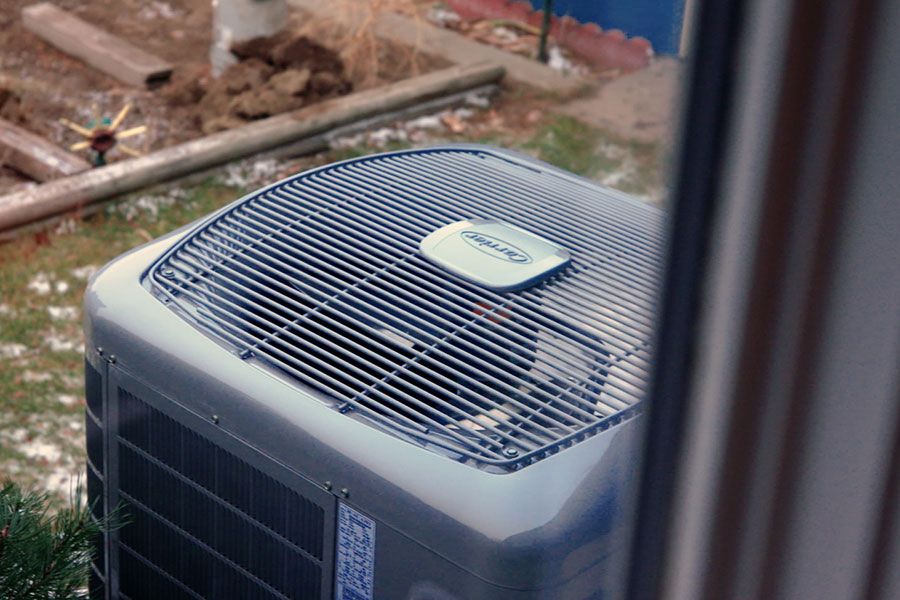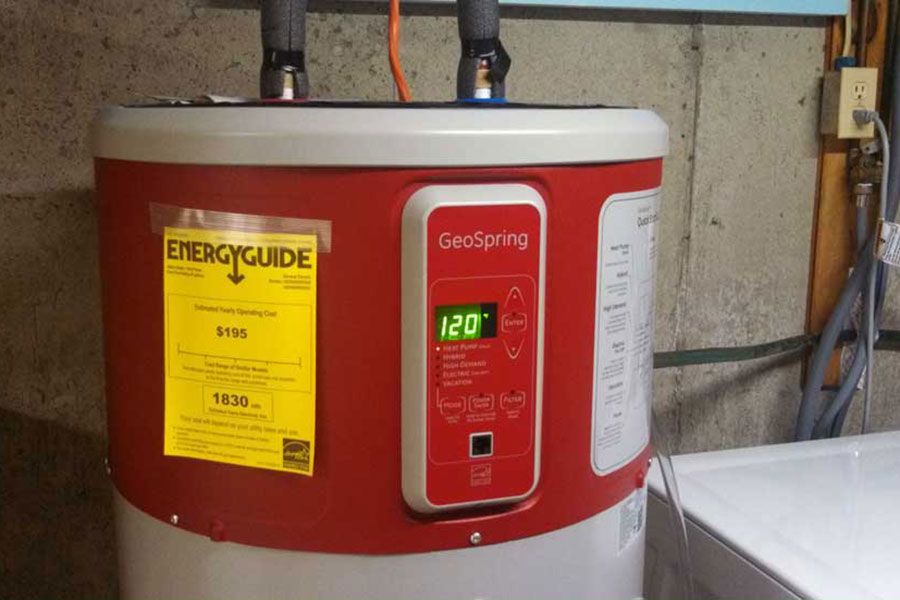Love Electric: Begin a Relationship
Are you curious about how to make your home more efficient, healthy, and sustainable? We can start with providing some basic information about the efficient electric technologies involved. The three major areas to consider “loving electric” are:
-
Heating & Cooling
-
Hot Water
-
Cooking
In addition to these three, you should consider adding solar PV to your home, which reduces your electricity costs, making the new electric technologies more economical, while also reducing your home’s carbon emissions. In the case of heating and cooling, it is important to start with making sure your home is well-insulated and sealed, and we provide some resources for making these basic efficiency improvements if needed.

How to Get Started
-
STEP 1: Determine What You Need
After the introductions to the electric technologies, we move on to discussing some of the best applications (e.g., when do heat pumps make the most sense), possible challenges, and the economics involved (required investments and energy cost savings).
Refer to the three major areas – heating and cooling, hot water, and cooking, using the links below.
-
STEP 2: Find an Installer
Use the search below to find a qualified heat pump or heat pump water heater installer in your area plus rebates.
-
STEP 3: Get Financing
We provide information on how to obtain financing to help you pay for your home upgrades.
FOR HEATING & COOLING

Air Source Heat Pumps
What are they and how they can help heat & cool your home.
FOR HOT WATER

Heat Pump Water Heaters
How they work, and why they reduce energy use and carbon emissions.
FOR COOKING

Induction Cooktops
What are they and how can they decrease your carbon footprint?
Common Questions
Are there any developments where I can buy an all-electric new home?
Yes, see the Resources for homebuyers section below. There are several developments with all-electric homes under construction that are for sale. Another option is to hire an architect and builder to build your own custom all-electric home, and we provide a list of architects and builders of efficient and electric homes below.
Is a dual-fuel more resilient in the case of power outages, compared to an all-electric home?
No. Without electricity, the gas furnace will not operate. On the other hand, homes in the fire-damaged Marshall fire neighborhoods discovered that gas service was disconnected and remained out for a much longer period of time than the electricity outage. With an all-electric home, the home will be able to remain comfortable without any need for the gas service.
Will my annual energy costs be lower than for a similar dual-fuel home?
An all-electric home’s energy costs will be slightly lower or the same as a dual fuel home. Natural gas prices are likely to remain relatively high compared to the previous five years. SWEEP’s analysis shows that with 2021 gas prices, the costs of operating an efficient heat pump and heat pump water heater will be about 5-10% more than those of their gas counterparts, but this slightly increased cost is off-set because the all electric home will have no monthly gas fixed charges.
Will a new all-electric home have better air quality and lower risks from carbon monoxide?
Yes, recent studies show that gas stoves emit a variety of unhealthy pollutants, including nitrogen oxides, carbon monoxide, and formaldehyde. These pollutants are eliminated by replacing the gas stove with an electric one. In addition, by replacing the gas furnace and water heater with electric heat pump space and water heating, there are no open flames that could emit carbon monoxide into the home.
Will a new all-electric home cost more than a similar dual-fuel home?
Based on our conversations with several builders of all-electric homes, the home may cost slightly more to build than a similar dual-fuel home, for example about $10,000 more for an average size new home (including more efficient building shell and electric heating and appliances). However, some Colorado utilities are increasing their rebates to builders for all-electric homes, which will offset part of this additional cost.
The cost to the homebuyer for the all-electric home will be very close to the cost of a similar dual-fuel home. (For example, if the cost is $20,000 more, that is less than 4% of the total cost if the new home costs more than $500,000.) And, beginning in 2023, the homebuyer can take advantage of tax credits for a heat pump or heat pump water heater: 30% up to $2,000 for the federal tax credit, and 10% of the equipment cost for the state tax credit. These tax credits will help to further offset the small cost difference for the electric home.
Because the heat pump water heater exhaust air is cool, should I duct it to outside the home?
No. Although the exhaust air is typically cooler than the room air, it is usually much warmer than the outside air during winter months in Colorado. Ducting the exhaust air outside will pull in more outside air to take its place, and will therefore increase the energy use of the house.